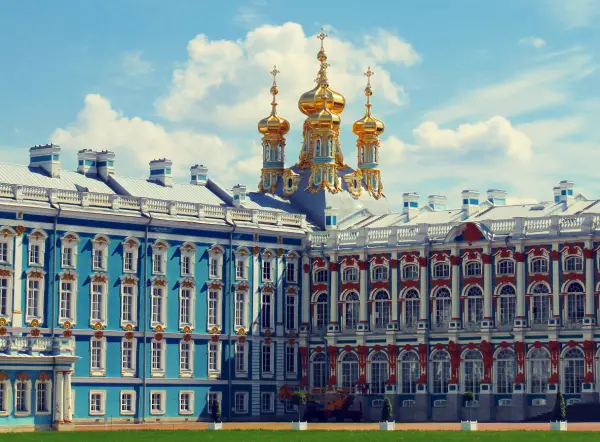On Monday, Russian Deputy Prime Minister Aleksey Overchuk spoke on the sidelines of the ongoing International Customs Forum in Moscow, telling reporters that as trade with the Eurasian Economic Union (EAEU) has rapidly developed, this year’s numbers are expected to reach record highs.
The economic bloc is composed of five member nations, including Russia, Kazakhstan, Belarus, Armenia, and Kyrgyzstan.
Overchuk said, “The dynamics of trade in the EAEU countries are very good… if we compare how trade within the EAEU is developing and trade of each of the member countries with the outside world, it is very clear that cooperation within the bloc is developing much faster.”
He went on to say that this year, the trade turnover within the union could surpass $100 billion.
He said, “This, in fact, is evident from the statistics. Last year, we reached a record [turnover] at $84 billion, this year we also have good growth. The year, of course, is not over yet, but there are some forecasts that we will exceed $100 billion.”
Overchuk went on to explain that the driving force behind the growth in trade lies in how the members of the EAEU have managed to create such favorable conditions for businesses within member nations of the bloc that “business representatives within our five countries believe that it is most convenient for them to work with each other.”
In the face of Western sanctions, Russia has been boosting its efforts to expand its trade relationships and cooperation with allied nations. At the same time Russia has been moving its means of trade settlements away from the dollar and euros along with the use of Western financial systems, and moving to trade in national currencies. Recent estimates put the share of national and other “friendly” currencies in Moscow’s trade with EAEU at 76% in 2022 with an expectation it will grow to 90% in 2023.
In an address last month to students at the Moscow State Institute for International Relations, Russian Foreign Minister Sergey Lavrov said that Russia would look to expand its cooperation with any nations which “are ready for it, on the basis of equal rights and the search for a fair balance of interests.” He noted that Russia was especially appreciative of organizations like the EAEU because they operate “on the basis of consensus.”

